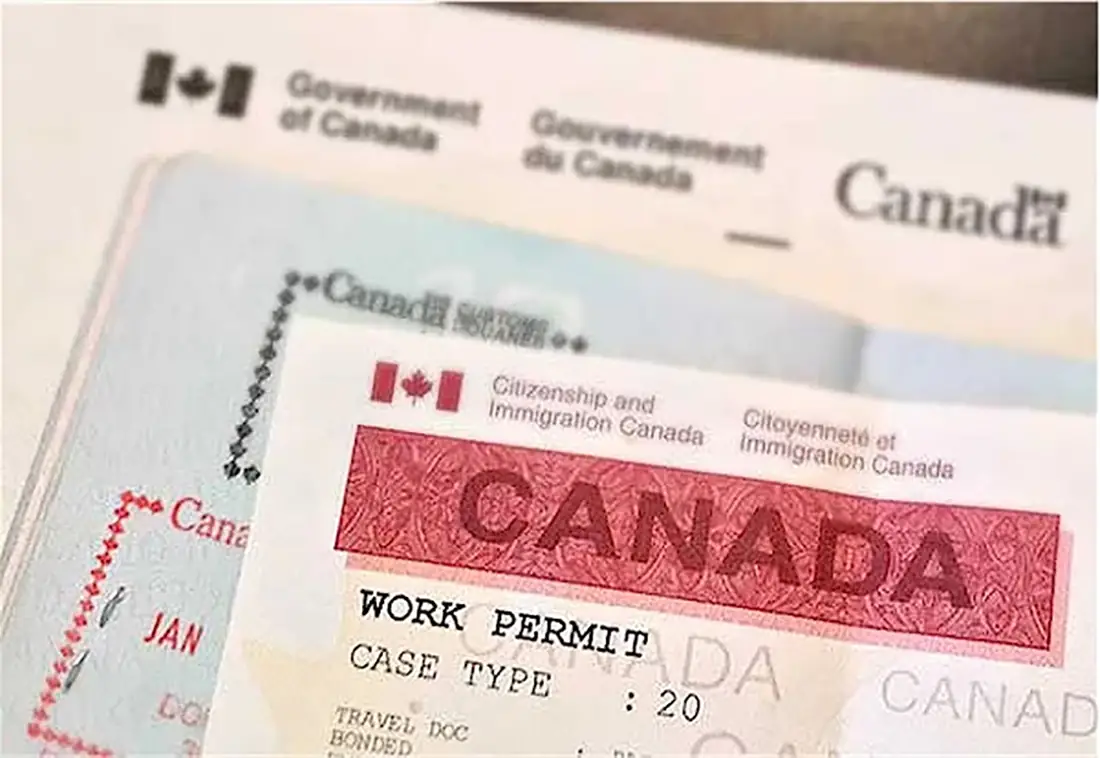Post Graduate Work Permit (PGWP)
International students who graduate from a Canadian Designated Learning Institution (DLI) can receive Post Graduate Work Permit (PGWP) that lets them get Canadian work experience for eight months to three years. It is an open work permit that allows holders to work for any Canadian employer for desired hours. PGWP applicants once gaining work experience in Canada may apply for a Canadian permanent residency.
It is one of the most straightforward solutions to achieve Canadian temporal residency and having the chance to find a job anywhere in Canada. So if you are a student in Canada, or plan to study in Canada, continue reading this article to find out how to apply for PGWP, its requirements, processing time, and extension.

Post Graduate Work Permit Canada
Post Graduate Work Permit provides an opportunity for international students to find a job in Canada after their graduation. Unlike foreigner skilled workers who need to find an employer before entering Canada, PGWP holders have the chance to get a job while they are already in Canada.
International students in Canada who study in the following programs can be eligible to apply for Post Graduate Work Permit Canada:
– Students of public post-secondary schools who study in a college or a trade/technical university
– Students of private post-secondary schools with the same rules as public schools
– Students of private secondary or post-secondary schools who underwent 900 hours of learning or more
– Students of provincial private schools who enrolled in study programs leading to a degree authorized by the province
Post Graduate Work Permit application
Graduates can apply for PGWP within 180 days after their degree or an official letter from their school. They should have study permission to apply from inside Canada, and if their permission is expired, they can apply for a visitor record or simply apply for a public graduate work permit from outside Canada.
Application for PGWP is fairly easier than other types of residency permission in Canada, particularly work permission. The processing is completely online and you are only required to have a Canadian degree from a post-secondary school and pay your application fees.
Canada Post Graduate Work Permit requirements
International students with their degree or equivalent documents can apply for Post Graduate Work Permit in Canada by applying online. Graduates with the following documents are allowed to apply for PGWP:
– A degree or diploma from the schools mentioned above
– An official letter from their schools or college
– An official transcript
The process of application and paying its fees is completely online, so applicants should hold a Master/Visa card to pay their application fees and have a digital copy of their documents.
Post Graduate Work Permit processing time
It takes from 80 to 180 days to process Post Graduate Work Permit for an international student. While you are waiting for its result, you are allowed to work in Canada. Graduates can apply for the PGWP program within 180 days after completing their study program. Applicants may apply for PGWP when they are still in Canada, or after leaving the country due to their graduation. The procedure for candidates who apply from outside Canada is a little bit different from those applying from inside the country.
Post Graduate Work Permit extension
Graduates can apply for Post Graduate Work Permit in Canada just for one time and there is no extension. Its duration equals the applicant study time in Canada, for example, a student who attended two years in a Canadian college can get PGWP for two years. However, the program duration is limited to three years, after which applicants should apply for another type of residency.
GPWP holders have open work permission by which they should find a job from Canadian employers. The best choice for applicants is to get a skilled occupation that makes it easy for them to apply for Canadian immigration programs. Several types of immigration to Canada are available for experienced workers, and skilled workers have a large portion of Canada’s annual accepted immigrants. In the following, you will find out how, after the expiry date of your PGWP, you can apply for permanent residency in Canada.

Express Entry
One of the most popular ways that provides Canada’s residency for many skilled workers and experienced workers in Canada is Express Entry. It is a federal immigration system that provides three different types of residency:
– Federal Skilled Worker Program
– Canadian Experience Class
– Federal Skilled Trades Program
Candidates of these programs should achieve a higher score than others to receive permanent residency. After applying for one of the above programs, you will have included in the Comprehensive Ranking System. But before applying, you should receive an Invitation to Apply from Immigration, Refugees, and Citizenship Canada, or Canada’s immigration department.
Provincial Nominee Programs
As its name suggests, Canadian provinces manage Provincial Nominee Programs. Some candidates that cannot receive Express Entry may be allowed by Provincial Nominee Programs. Applicants who scored in the Comprehensive Ranking System of Express Entry can apply for Provincial Nominee Programs and get an extra 600 points that help them get eligible for Canadian permanent residency.
Quebec Immigration
Quebec province is not included in Provincial Nominee Programs, and people who passed their Post Graduate Work Permit in Quebec can apply for Quebec Selection Certificate. Applicants who speak French and experience their PGWP in Quebec might be eligible for the Quebec Experience Program to gain Canada’s permanent residency.
Closing Thoughts
Canada provides the opportunity for international students to receive Post Graduate Work Permit that is an open work permit to find a job and gain experience in Canada’s labor market. As you know, experienced workers in Canada have a point over foreigner skilled workers who have no experience. That means by studying in a Canadian post-secondary school, you have a greater chance to receive permanent residency in Canada than graduates from other countries, including your home country.





Canada